PNAS
-
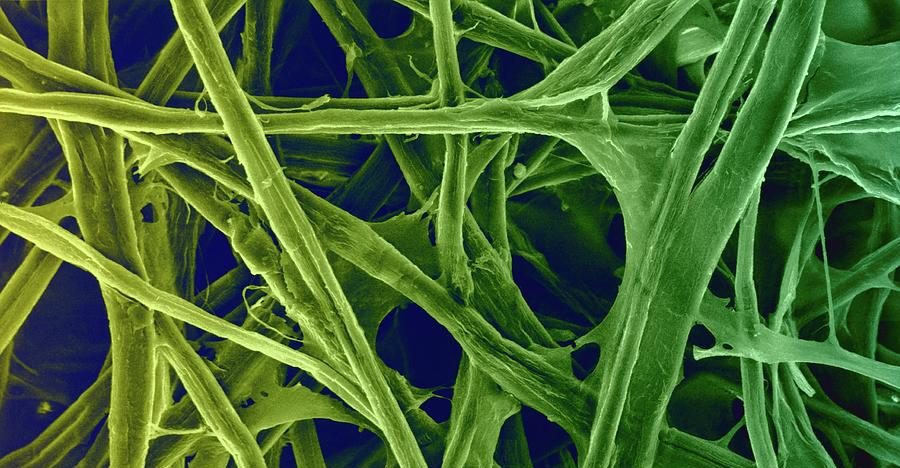
Vanderbilt engineers’ innovative research directly monitors cellulose production from individual synthase enzymes
Vanderbilt researchers have uncovered conditions needed to produce cellulose at the single molecule level that could one day aid in the dismantling of bacterial defenses as well as potentially lead to the engineering of more efficient and cost-effective biofuel feedstock sources. Read MoreDec 14, 2022
-
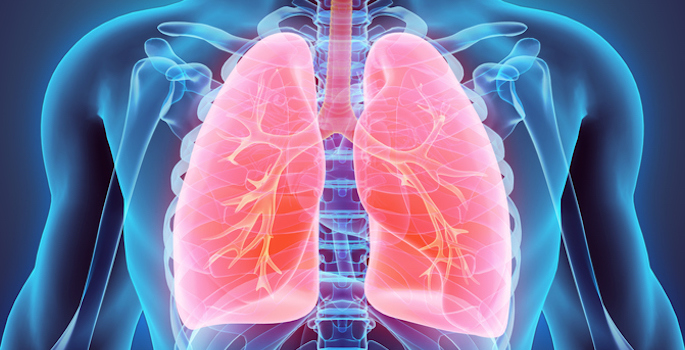
New clue to lung scarring
Vanderbilt neonatology team pinpoints signaling pathways involved in the progressive lung fibrosis that occurs in rare genetic diseases. Read MoreMay 20, 2021
-

Novel way to neutralize Rift Valley Fever Virus
The discovery of monoclonal antibodies that neutralize Rift Valley Fever Virus — an emerging infection with pandemic potential — lays the foundation for future therapeutic antibody development. Read MoreApr 1, 2021
-

Targeting glucagon action in diabetes
Disrupting the action of glucagon — a pancreatic hormone that works to raise blood glucose — restores functional insulin-producing cells in mouse models of type 1 diabetes and may be a promising treatment strategy. Read MoreMar 4, 2021
-
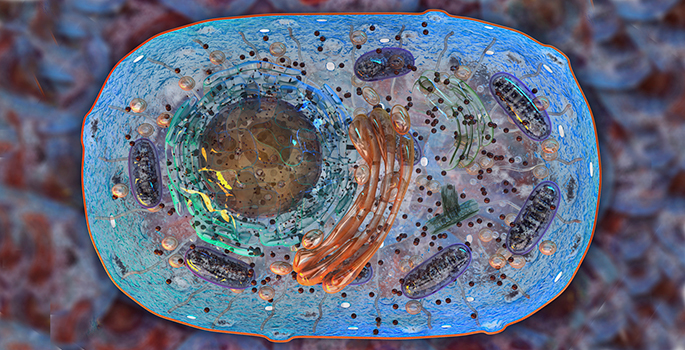
Assembling cell power plant machinery
Tina Iverson and colleagues provide a structural view into the assembly of a protein machine essential for cellular energy production. Read MoreSep 3, 2020
-

“Nur” target may aid arthritis treatment
Vanderbilt immunologists have discovered that the protein Nur77 is part of a control mechanism that guards against autoimmunity in natural killer T cells. Read MoreJul 13, 2020
-

A dual-purpose metabolic switch
John York and colleagues have demonstrated that the protein Vip1 is a rare type of bifunctional enzyme: it can both synthesize and destroy key cellular signaling molecules. Read MoreMay 5, 2020
-

Imaging host-pathogen battle for metal
An unprecedented view of bacterial products within infected tissues opens new opportunities to explore infection biology and devise novel therapeutic strategies. Read MoreOct 31, 2019
-

Less inflammation = better healing
Immune cells that produce an anti-inflammatory factor are enriched in fat tissue around the heart and may be good targets to improve heart attack outcomes. Read MoreOct 17, 2019
-
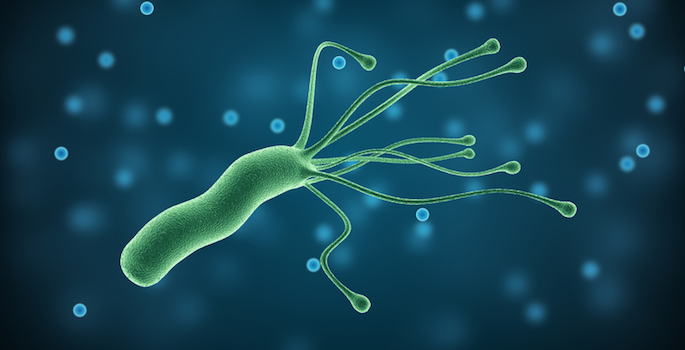
A step toward gastric cancer
New research findings provide insight into the detrimental events that develop in response to H. pylori infection. Read MoreOct 3, 2019
-

Understanding HDL structure
Structural features of newly formed HDL particles will help guide understanding of “good cholesterol” and its function. Read MoreMay 3, 2018
-

Iron-sulfur “intersection”
Vanderbilt researchers have discovered an unanticipated link between sulfur and iron balance, pointing to a genetic basis for iron-deficiency anemia. Read MoreMar 8, 2018
-

Glaucoma study finds brain fights to preserve vision
A team of researchers, led by David Calkins, PhD, vice chair and director of Research at the Vanderbilt Eye Institute, has made a breakthrough discovery in the field of glaucoma showing new hopes for treatments to preserve vision. Read MoreFeb 22, 2018
-
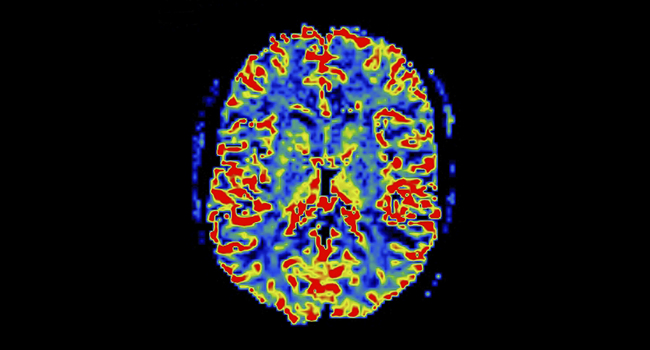
BOLD view of white matter
Vanderbilt investigators have discovered that functional MRI detects neural activity in both gray and white matter in the brain, suggesting new ways to investigate diseases such as Alzheimer’s and multiple sclerosis. Read MoreJan 12, 2018
-

Lighting up iron levels
A new probe enables iron imaging in living animals, providing a unique tool for studying iron’s contributions to health and disease. Read MoreJan 11, 2018
-

Brain lesions and criminal behavior linked to moral decision-making network
When brain lesions occur within the brain network responsible for morality and value-based decision-making, they can predispose a person toward criminal behavior, according to new research by Ryan Darby, MD, assistant professor of Neurology at Vanderbilt University Medical Center (VUMC). Read MoreDec 18, 2017
-

An immune regulator of addiction
Although drug addiction is classically studied in a neuron-centric way, Vanderbilt researchers have discovered that the immune system also plays a critical role. Read MoreAug 4, 2017
-
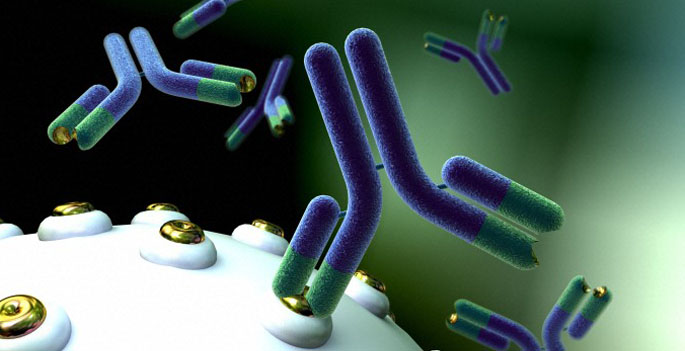
HDAC3 role in B-cell development
The histone deacetylase HDAC3 is required for the maturation of B cells, white blood cells that produce antibodies. Read MoreAug 3, 2017
-

Study finds common brain scanning technique maps electrical activity as precisely as more invasive methods
A commonly used brain scanning technique can map electrical activity under the skull as precisely as more invasive methods that rely on probes or electrodes, researchers at Vanderbilt University Medical Center (VUMC) reported this month. Read MoreMay 25, 2017
-

A new mode of DNA repair
Structural details of a protein that removes DNA lesions shed light on fundamental mechanisms of DNA repair. Read MoreApr 14, 2017